Mankind and the Moon. Mining 300 years of Space Exploration
Contact: universeh@hhu.de
Universities involved: Heinrich Heine University Düsseldorf / University of Luxembourg
Profile and prerequisites:
- Advanced Bachelor students (3rd - 6th semester) of the historical sciences, philologies as well as students in digital humanities, media studies, and (trans-)cultural studies
- English level B1
- German level B1
Teaching modalities: Online lectures (weekly, 14:00-16:30) / mobility end of October and Mid-November
Student mobility: 22-24 October 2025 in Düsseldorf, 19-21 November 2025 in Luxembourg
Assessment modalities:
- Final reports: Critical documentation of the student’s project (3-4 pages)
The course is open to students from these universities: Open to all
how to apply
Send your application by email universeh@hhu.de
Description:
The UNIVERSEH course “Mankind and the Moon. Mining 300 years of Space Exploration” explores the cultural history of space travel and more generally the moon as a cultural reference point in Early Modern, Modern and Contemporary History. Students will explore this topic based on digitised Early Modern Encyclopedias as well as Modern and Contemporary newspaper collections.
Alongside lectures on the topic, student-led teams will design small-scale research projects and employ fundamental techniques for the semantic enrichment and data-driven exploration of their sources. In addition, students will explore novel techniques for content presentation in virtual worlds in collaboration with students of the BA Animation Studies at the University of Luxembourg.
The proposed seminar pursues a decidedly interdisciplinary approach, fostering collaboration across various fields to enable students to employ digital methods for the study and critical analysis of the multifaceted discourses of space exploration.
The seminar is structured into three main blocks, beginning with an introductory phase in Düsseldorf, where students receive theoretical grounding and hands-on training in using early modern encyclopaedias and digitised newspapers as historical sources. This phase emphasises the formation of interdisciplinary teams, leveraging complementary language skills to facilitate diverse research perspectives.
The second block consists of hybrid meetings featuring lectures on premodern voyages to the moon, space travel in the modern era, and digital humanities research methods. These sessions are complemented by practical training in digital tools such as Voyant Tools and the Impresso web app, enhancing students’ skills in text analysis and digital research methodologies.
In the concluding block held in Luxembourg, students will finalise and present their projects in a virtual world based on the Unreal game engine, incorporating insights from lectures, digital humanities tools, and interdisciplinary collaboration. The seminar aims to equip students with a critical understanding of the cultural history of the moon and space travel, bolstered by project management skills including science communication, writing, and text analysis.
Overall, “Mankind and the Moon. Mining 300 years of Space Exploration” not only offers a critical introduction to cultural and digital history but also contributes to the establishment of a continuous class format for critical space studies. This innovative seminar framework encourages students to continually apply a critical lens to their (inter-)disciplinary training, promoting a holistic understanding of the cultural significance of the moon and space travel throughout history.
Lecturers:
- Marten Düring
- Tobias Winnerling
- Stefan Reiners-Selbach
Objectives: The seminar aims to equip participating students with a critical understanding of the cultural history of the moon and space travel, bolstered by project management skills including science communication, writing, and text analysis.
Course Learning Outcomes:
- Understand and analyse the historical discourses surrounding the relationship between humanity and the moon (guest lectures, group work).
- Acquire in-depth knowledge of a historical case study of paticipants' choosing during group work to complement the overarching theme of the seminar.
- Develop an understanding as well as skills in application and presentation of fundamental data and text analysis methods (data analysis with digital tools).
- Acquire and hone a variety of project management skills (group project development).
- Hone writing skills (project reports, scripts).
- Grow participants' critical thinking skills in an interdisciplinary setting (digital tools, collaboration with students in animation).
- Develop experience in interdisciplinary science communication using novel environments (results from group work, animations, gaming world).
- Develop meta-learning skills, reflection on learning goals, strategies, and results (planning of project and collaboration; project presentation).
